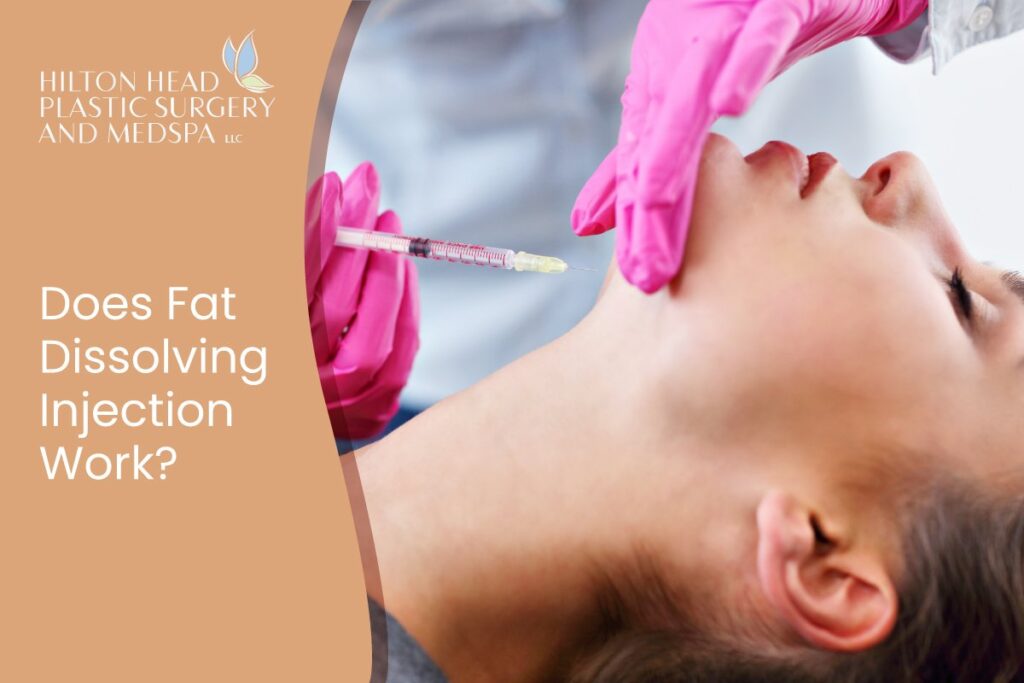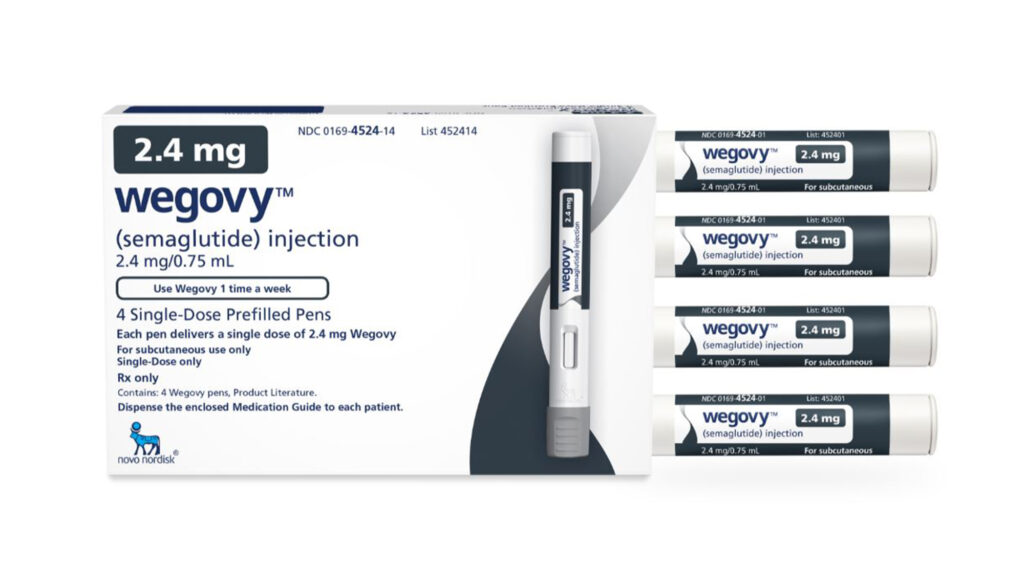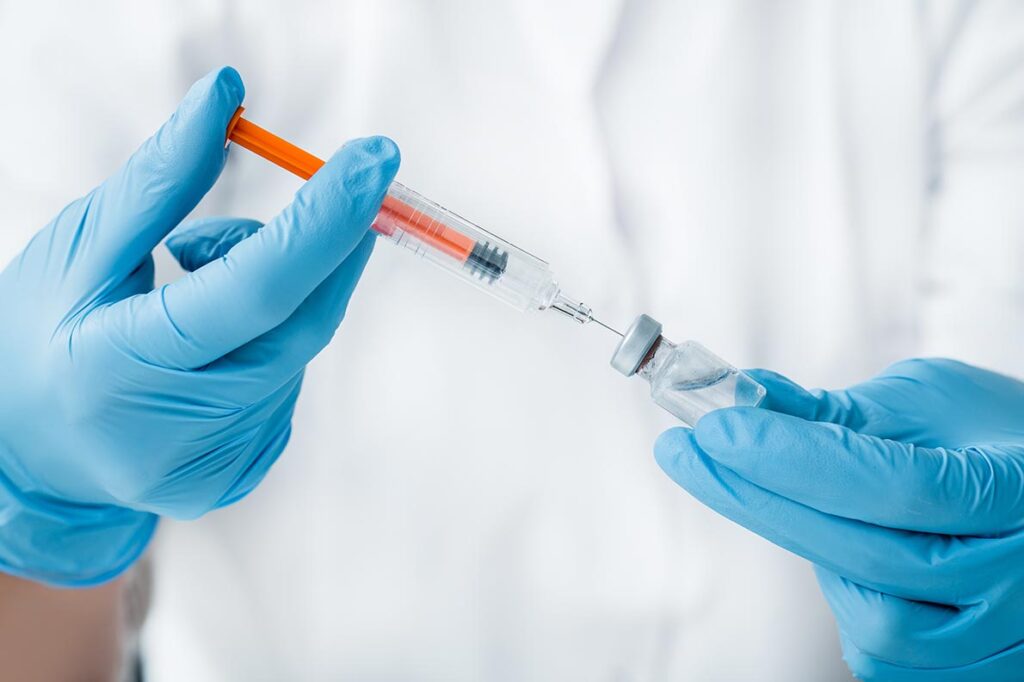
In the realm of health and self-improvement, one can be easily flooded by an influx of information on weight loss strategies. This article serves as a valuable compass, guiding users to the top clinics offering weight loss injections in their vicinity. It is a beneficial resource, detailing not only where to find such innovative treatments like Ozempic injections, but also provides inspiration through real-life success stories. Armed with this guide, readers will be empowered to steer their weight loss journeys with more assurance and effectiveness.

This image is property of elysiumveincare.com.
Understanding Weight Loss Injections
Overview of Weight Loss Injections
Weight loss injections have become increasingly popular in the field of weight loss strategies. These are medicinal injections that aid in speeding up the metabolism and fat-burning process, resulting in significant weight loss. They are usually administered under the advice and guidance of a medical professional, which is ideal to ensure safety and efficacy.
How Weight Loss Injections Work
Weight loss injections work by influencing the processes in your body that control your weight. They can boost your metabolism, suppress your appetite, and cause your body to burn more calories through thermogenesis. Some types of weight loss injections also work to lower your blood sugar levels, which can help control your appetite and lead to weight loss.
Types of Weight Loss Injections Including Ozempic
There are several types of weight loss injections available. They include Lipotropics, HCG (Human Chorionic Gonadotropin), and insulin injections, among others. A notable example is Ozempic, a once-weekly injectable prescription medicine that helps improve blood sugar levels in adults with type 2 diabetes, and it has also been observed to aid in weight loss.
Pros and Cons of Weight Loss Injections
Benefits of Weight Loss Injections
The primary advantage of weight loss injections is that they could provide an effective solution for patients struggling with weight loss. They offer ease and convenience as some are self-administered at home. They may also be particularly beneficial for people with conditions such as diabetes, in which significant weight loss can lead to better disease management.
Potential Risks and Side Effects
While weight loss injections can offer several benefits, they also come with potential risks and side effects. You may experience mild side effects, including irritation at the injection site, nausea, and headaches. More severe side effects might include allergies, heart palpitations, and mood changes. Always consult home with your doctor before starting any new treatment.
Who are Ideal Candidates?
Best candidates for weight loss injections are those who have been unsuccessful with traditional weight loss methods such as diet and exercise, or those who have significant health risks related to obesity. Candidates should be adults with a body mass index (BMI) of 30 or above, or a BMI of 27 or more with a weight-related health condition, such as high blood pressure.

This image is property of irp.cdn-website.com.
Preparing for Weight Loss Injections
Understanding the Process
Understanding the process involves familiarizing yourself with the types of injections available, their mode of administration, frequency, and expected side effects. It is crucial to understand that weight loss injections are not a miracle cure for obesity but a part of a comprehensive weight management program that includes diet, exercise, and behavior change.
Questions to Ask Your Physician
Before beginning the treatment, patients should ask their physician about the procedure’s safety and efficacy, potential side effects, needed dosage, cost implications, and how the injections fit into their overall weight loss plan. Patients should also inquire about the expected weight loss and the time-frame in which it might occur.
Pre-Procedural Care and Instructions
Before starting the injections, your doctor might suggest a full health assessment. This may include blood tests to ensure that you don’t have any underlying conditions that might affect the efficacy of the treatment or cause side effects. Keeping yourself hydrated before and after the procedure may also be recommended to help ease any potential side effects.
Procedure of Delivering Weight Loss Injections
Step-by-Step Procedure
Weight loss injections are typically administered in a doctor’s office. The medical professional will clean the injection site (usually the thigh, upper arm, or abdominal area), pinch the skin and fat, and then administer the injection. The exact procedure may vary depending on the type of injection used.
What to Expect During the Treatment
During the treatment, the patient’s weight, blood pressure, and sugar levels may be monitored. Some discomfort or a stinging sensation may be experienced at the injection site during the procedure. Post injection, some swelling or redness could be seen, which usually subsides after a few days.
Use of Anesthetics
Typically, weight loss injections do not require the use of anesthetics, as the injection needles are very thin and the discomfort is minimal. However, if a patient is apprehensive or sensitive, a topical anesthetic can be used to numb the area before the injection.

This image is property of assets.bwbx.io.
Post-Injection Care and Maintenance
Aftercare Guidelines
After receiving a weight loss injection, it is crucial to maintain a healthy diet, regular exercise, and keep the injection site clean to prevent infection. Some patients may experience side effects, which should be promptly reported to the healthcare provider.
Follow-up Visits and Check-ups
Follow-up visits and check-ups are important for monitoring progress and adjusting injection doses if needed. These visits could be scheduled weekly or monthly, depending on your healthcare provider’s advice.
Maintenance Tips and Routine
Incorporating lifestyle changes such as a healthy diet and regular physical activity is vital in order to achieve and maintain weight loss results. Regular sleep and hydration are also important. Maintaining these habits even after reaching the desired weight loss is crucial for weight maintenance.
Expected Results and Success Stories
Anticipated Outcomes from the Treatment
Weight loss injections typically result in significant weight loss over the course of a few months. However, it’s important to remember that results may vary from person to person based on various factors like existing health conditions, lifestyle, and consistency of treatment.
Weight Loss Success Stories
Several patients have reported satisfactory weight loss results with injections. These include reduced body weight and waist circumference, improvement in health markers related to obesity and diabetes, and enhanced physical appearance and self-esteem. Some patients have seen a significantly positive change in their weight loss journey with the help of these injections.
Time to See Visible Results
Visible weight loss from injections usually starts to occur after a few weeks from the start of the treatment. However, substantial changes are usually noticeable within three to six months of regular injections, paired with lifestyle changes.

This image is property of g5u8a8g4.rocketcdn.me.
Comparison with other Weight Loss Techniques
Weight Loss Injections vs Dieting
While dieting focuses on cutting down calorie intake to result in weight loss, weight loss injections work by changing your body’s metabolism and appetitive control to help with weight loss. Injections can sometimes offer more consistent and significant weight loss than dieting alone.
Weight Loss Injections vs Exercise
While exercise is essential for overall health and wellness, it may not be sufficient for significant weight loss in some individuals. Both exercise and weight loss injections play their own roles in a comprehensive weight loss plan.
Weight Loss Injections vs Surgery
Surgical procedures like gastric bypass or sleeve gastrectomy offer significant and often fast weight loss, but come with greater risks and longer recovery time. In contrast, weight loss injections provide a non-surgical alternative that can have fewer risks and minimal recovery time.
Costs and Insurance Coverage
Average Cost of Weight Loss Injections
The average cost of weight loss injections can vary extensively depending on the type of injection, the number of injections required, and your geographical location. They can range from anywhere between $50 to $1000 per month.
Does Health Insurance Cover Weight Loss Injections?
Coverage for weight loss injections depend largely on the patient’s health insurance policy. It is therefore recommended to contact the insurance provider before starting the treatment to understand what costs will be covered.
Financing Options available
If health insurance does not cover the treatment, some clinics and hospitals offer financing plans to help reduce the upfront cost of weight loss injections.

This image is property of ichef.bbci.co.uk.
Top Local Clinics for Weight Loss Injections
Qualities of a Good Weight Loss Clinic
A good weight loss clinic should have certified and experienced health professionals, offer personalized treatment plans, have a comprehensive approach to weight loss, and a track record of successful patient results.
Top Rated Clinics in Your Area
Finding top-rated clinics in your area can be done through referral from your doctor, through recommendations from friends and family, or online research. Take into account the clinic’s reputation, pricing, and location when selecting a clinic.
Booking Your Initial Consultation
Once you have found a suitable clinic, book an initial consultation to discuss your medical history, weight loss goals, and any questions you may have about the procedure.
How to Relate with Clinic During Treatment
Establishing a Good Patient-Provider Relationship
A good patient-provider relationship is crucial for successful treatment. This can be achieved by maintaining open and honest communication with your provider, timely adherence to appointments and prescribed regimen, and providing feedback about your progress.
Communicating Your Goals Effectively
Communicating your weight loss goals and expectations clearly will help your provider develop a treatment plan tailored to meet your needs. Be sure to discuss any concerns you have about the procedure or the expected results.
Evaluating Your Progress with the Clinic
Regular check-ups will allow your provider to monitor your progress and make necessary adjustments to your treatment plan. Keep a record of your weight loss journey including dietary habits, exercise routine, and changes in weight to discuss during your visits.
